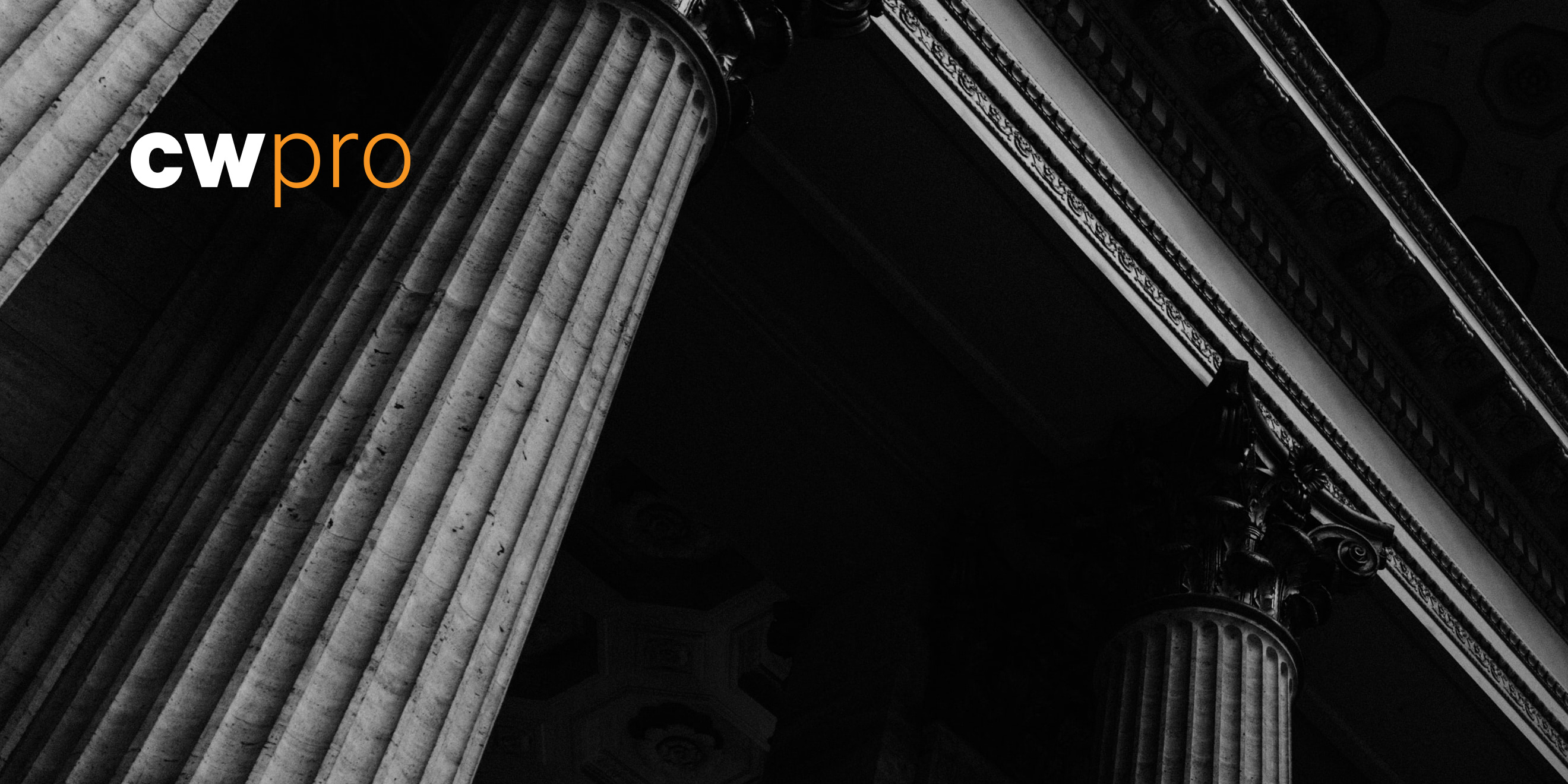At a glance.
- US bulk power distribution will exclude Chinese hardware.
- France launches its StopCovid contact tracing app.
- Lawsuit challenges US Executive Order on Preventing Online Censorship.
- US primary elections struggled with remote voting.
- US Commerce Department begins inquiry into vanadium markets.
Chinese hardware to be excluded from the US bulk power distribution system.
FCW reports that the US Department of Energy intends to use the recently issued Executive Order on Securing the United States Bulk Power System as authority to remove and replace foreign-manufactured hardware found to represent a threat to the security of the country's electrical power distribution system. Charles Kosak, Deputy Assistant Secretary for the Office of Electricity at the Department of Energy, said, "We will be looking at identifying equipment, isolating it, monitoring it as appropriate, and where we find undue risk to the bulk power system, we will replace equipment as necessary." The policy is clearly directed against Chinese hardware, and Energy's program will in all probability be informed by the "rip-and-replace" policy planned for US telecommunications networks.
E&E News says that the Executive Order and the measures now under consideration for implementing it "blindsided" the electrical power industry. The US Department of Energy had last summer quietly taken custody of a Chinese-manufactured grid transformer (it had been on its way to installation in Denver). It concluded that features of the hardware could pose a threat to the power grid. But the assessment of risk was apparently not discussed with the utilities themselves, and came to public attention only with the approach of the Executive Order.
StopCovid is now live.
France launched its StopCovid contact-tracing app yesterday, as planned, the AP reports. Some regard it as a sensible if mildly inconvenient precaution that could speed the return to ordinary life. Critics have objected to it as potentially representing the entering wedge of a permanent, pervasive surveillance regime, a possibility the government dismisses as alarmist. Nonetheless, according to Bloomberg, less than half of those polled say they were willing to install the app.
The Center for Democracy and Technology files suit against the US Executive Order on social media.
The New York Times reports that the Center for Democracy and Technology has filed a lawsuit alleging that the President's Executive Order on Preventing Online Censorship represents retaliation against Twitter and other social media platforms for their exercise of their First Amendment rights.
US primary elections stressed by remote voting during the pandemic.
Primary voting in the US proceeded this week, but difficulties in distributing and collecting postal ballots (described by the Washington Post) prompted some jurisdictions (including the District of Columbia) to move toward potentially risky workarounds, like voting by email.
Commerce opens Section 232 investigation of vanadium imports.
The US Department of Commerce has opened an investigation into "whether the present quantities or circumstances of vanadium imports into the United States threaten to impair the national security." Vanadium is used in alloys and as a chemical catalyst; the inquiry is exploring whether the leading position of Russian and Chinese producers pose a threat to US security.
